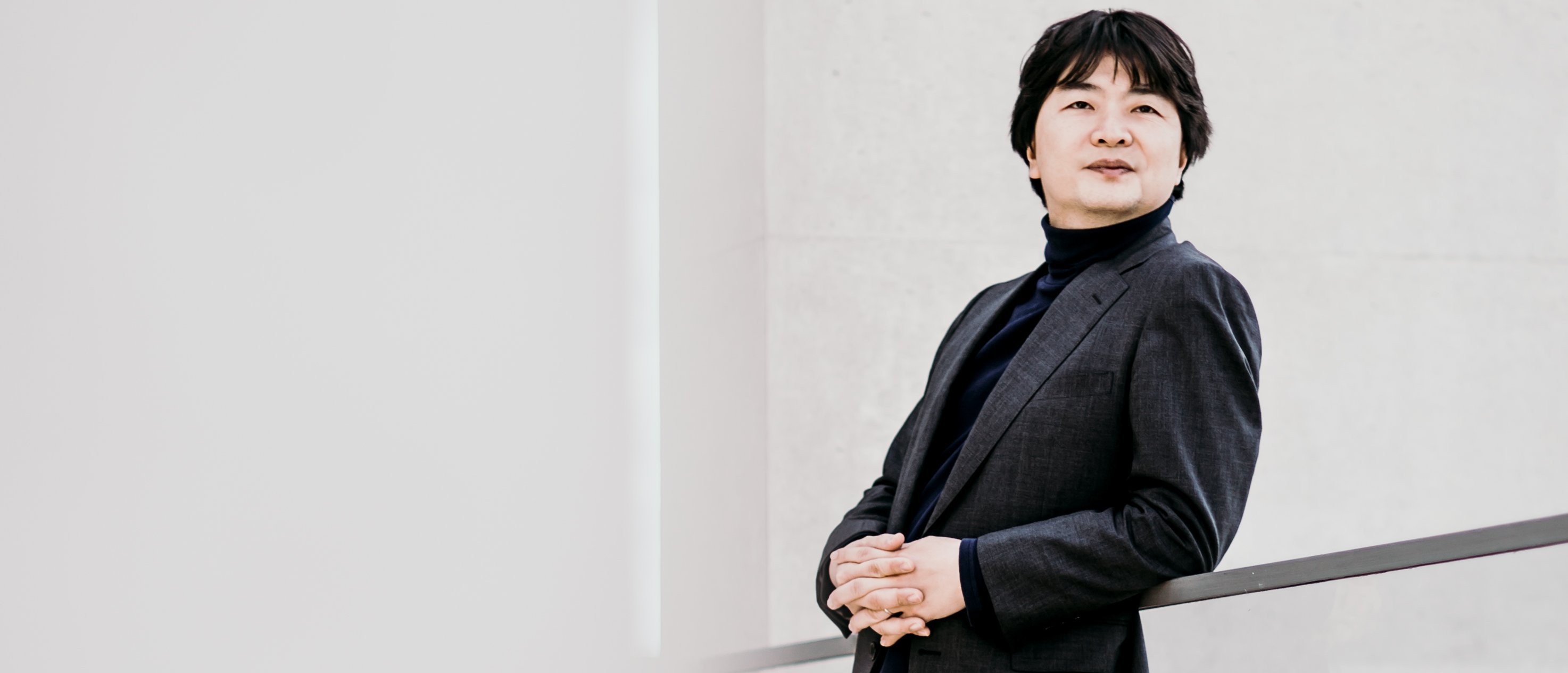
Concert information
Info
Colourful, festive, refined – Camille Saint-Saëns’ “Organ Symphony” surprises us not only with its unexpected use of the organ, but also with its delicate sound textures. Kazuki Yamada, chief conductor of the orchestras in Birmingham and Monte-Carlo, conducts the work in his debut with the Berliner Philharmoniker; the organ part is played by Sebastian Heindl.The symphany will be preceded by two different kinds of water music: Ottorino Respighi’s gaudy, shimmering tone poem Fontane di Roma and Tōru Takemitsu’s mystical I Hear the Water Dreaming, featuring our solo flautist Emmanuel Pahud.
Artists
Berliner Philharmoniker
Kazuki Yamada conductor
Emmanuel Pahud flute
Sebastian Heindl organ
Programme
Ottorino Respighi
Fontane di Roma
Tōru Takemitsu
I Hear the Water Dreaming for flute and orchestra
Emmanuel Pahud flute
Interval
Camille Saint-Saëns
Symphony No. 3 in C minor, op. 78 “Organ Symphony”
Sebastian Heindl organ

Main Auditorium
26 to 82 €
Series I: Concerts with the Berliner Philharmoniker

Main Auditorium
26 to 82 €
Series D: Concerts with the Berliner Philharmoniker

Main Auditorium
26 to 82 €
Series L: Concerts with the Berliner Philharmoniker
Plan your visit
Opening hours, program booklets, dress code, introductions and more
How to get to the Philharmonie Berlin
Whether by bus, train, bike or car: Here you will find the quickest way to the Philharmonie Berlin - and where you can park there.
Ticket information
Advance booking dates, opening hours, seating plans, discounts